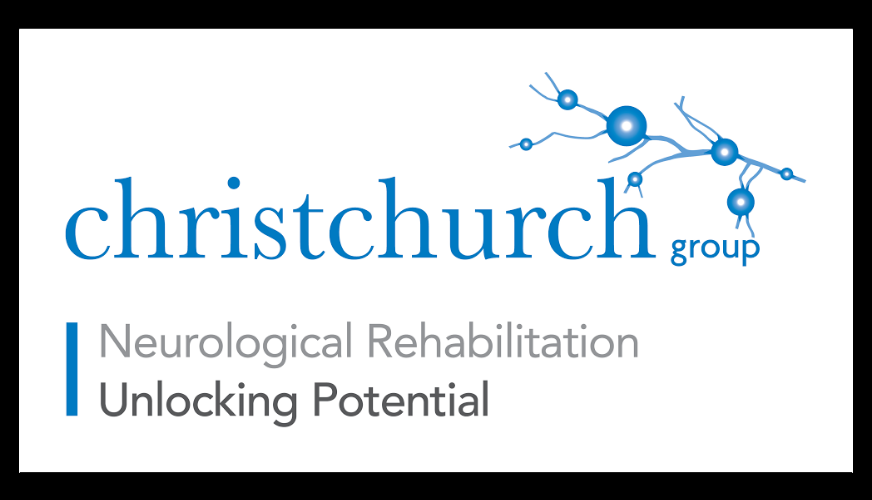Orchard House gets awarded outstanding in four key areas, by the Care Quality Commission (CQC).
Outstanding ratings were given in the effective, caring, responsive and well-led aspects of the report and the safe aspects was rated good.
The routine inspection took place on 23 January 2019, at the home in Didcott,Oxfordshire.
Orchard House is a neurological rehabilitation centre providing specialist community-based transitional rehabilitation for people with brain and spinal injuries, stroke, minimally conscious states and a range of progressive neurological conditions.
The CQC identified that the service had received accreditation from a national organisation, Headway, in respect of people's care and support. Headway's mission is 'To promote understanding of all aspects of brain injury and provide information, support and services to survivors, their families and carers. Orchard House was an Approved Provider for Headway. This is an accreditation scheme open to residential care settings where they are assessed against standards devised by Headway to ensure they provide appropriate specialist care for brain injury survivors with complex physical and cognitive impairment. The service had just undergone a reaccreditation process and had been judged as excellent in three domains. This meant that care and support continued to be planned and delivered in line with best evidence-based practice.
Residents were cared for and supported in a visibly person-centred environment from staff that were highly motivated to offer exceptional care and support in a kind and compassionate way.
CQC inspectors spoke to residents and their relatives if they felt staff treated them with kindness and respect and feedback reflected that care and kindness exceededexpectations. A person in the service said, "I feel I am safe and in a good place. I am respected. I have been moved from home to home fora number of years. They are like a second family. I love it here. I was very down, and they made me a better man who respects myself and other people".
A professional commented "I have always seen all members of staff, carers speaking with the residents with lots of care and attention.”
People were protected from the risk of social isolation. The service used the local community to build links and we heard that people used facilities such as the local pub and shops. Staff encouraged people to engage in interests and social activities with each other and in the community. One member of staff told us how two people who had little verbal communication enjoyed sitting with each other and going out. Joint outings had been arranged to enable the people to enjoy their friendship away from the service.
People enjoyed a range of activities which included reading, trips out, quizzes and watching TV. Care plans recognised the benefit of residents being actively engaged and identified the changes in people since moving to live at Orchard House. For example, one-person had displayed behaviours that may be challenging prior to coming to the service. By working with the person to identify how they wished to spend their time there had been no episodes of this behaviour since the admission.
CCQ inspectors also highlighted that since the last inspection, the registered manager had introduced many initiatives and developed the service which meant people were getting exceptional care and support to enhance their quality of life.
The service had a clear vision and strong values which were integrated into day to day practice providing people with exceptionally effective and responsive care delivered with kindness.






Комментарии